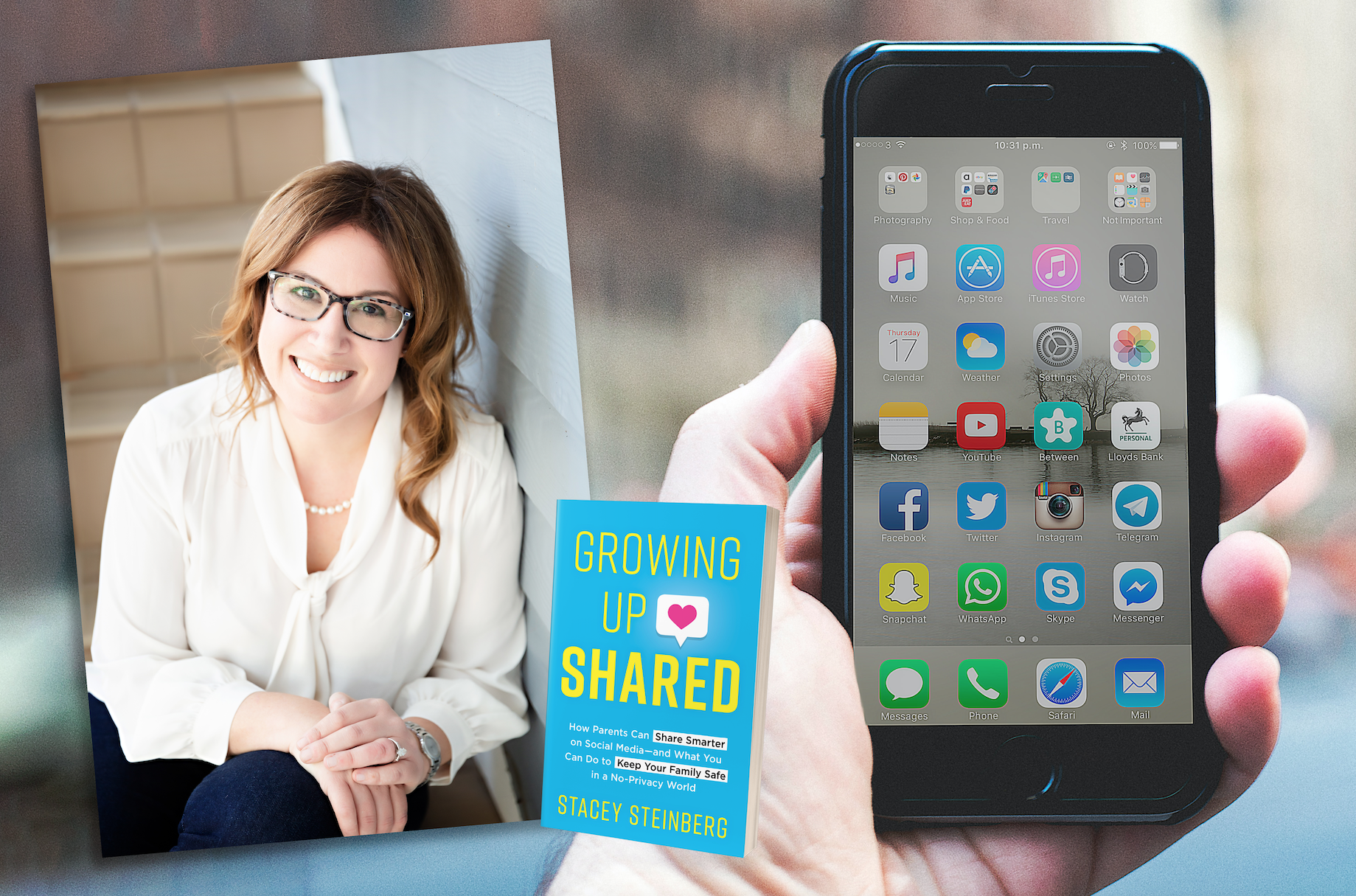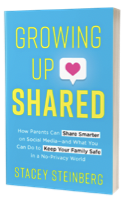For many of us, our evening pre-bed ritual of relaxing while reviewing our social media feeds has become something that feels not quite like a comfort but something we tend to fall into night after night. Is our social media scrolling helping us unwind?
Or, is it winding us up and making it more difficult to peacefully shift gears from alertness to slumber?
Social media addiction
Perhaps it all depends on what you are looking at as you visit your virtual world at the end of the day. Who we choose to follow, unfollow, hide or unfriend can mean the difference between spending our free time catching up with friends in a meaningful way or spending our few moments of solitude feeling competitive, anxious and depressed.
While the simplest way to regain control of our evening rituals on the couch might be to keep the phone in the kitchen or to delete social media and not use it at all, this is not realistic for most of us. Whether we use social media for work or we enjoy having it handy for connection, it is hard to simply walk away from our newsfeeds when we shift gears away from the hustle and bustle of daily life. In fact, for many busy parents, the evenings are the only moments we have in a day to connect with friends and family online.
Seventy two percent of us use social media, according to a PEW Research study report published in 2019, based on data collected between 2015 and 2019. That is up from just 5% of Americans in 2005. For many users, our online interactions border on an online addiction to technology and social media.
To the right are some simple tips to take back control of your scrolling. These suggestions might help you find ways to benefit from your online connections, but also help you keep it in check so that you can avoid the pitfalls that cause social media to get in the way of our mental clarity and relaxation.
If you aren’t ready for a complete detox, delete the app, not your account.
HIDE OR UNFRIEND?
What’s the difference and why does it matter? If you want to virtually “walk away” from an online connection for a bit but plan on continuing the relationship, it might be best to simply hide an unhelpful friend for a month or two. But, if you are really done with a relationship, the un-friend button can be your new best friend. Unless you need to maintain the connection for work or extended family purposes, consider if it is time to severe a toxic online relationship entirely.
WHAT PAGE ARE YOU ON?
Take a moment to review not only your friend lists but your page likes as well. It is easy to un-like a page. You can also continue to like a page but unfollow it in your newsfeed. This might be a good option if you do indeed like the business in your brick and mortar life, but don’t feel the need to stay virtually connected all the time to their sales, offers and events.
BREAK UP OR SOCIAL DISTANCE?
Consider deleting your account for a few weeks (be sure to read the fine print and save your pictures elsewhere first), or if you are not ready to do that, delete your social media apps from your phone. This will make mindless scrolling a little more difficult to do, perhaps cutting down your time in the social media scrolling vortex that so many of us feel powerless to exit once we enter its hypnotizing grip. Scrolling through a browser can be more challenging, giving us perhaps the much-needed reminder that we need to spend our mental energy on other, less addicting activities.
Purging social media from our lives entirely might be the fastest way to regain our mental energy and clarity, but there are other helpful ways to take back control of our downtime. Changing who we follow, unfollow, hide and unfriend, and changing our social media scrolling can make all the difference. The same Pew study mentioned earlier suggests that about 75% of us who use social media visit our online newsfeeds each day. It is critical that we look inward, identify what — if any — benefits it offers us, but also find strategies that can help us keep our scrolling in check.
Stacey Steinberg (pictured above) is a legal skills professor at the University of Florida Levin College of Law where she supervises the Gator TeamChild Juvenile Law Clinic. She is also the author of a new book, Growing Up Shared: How Parents Can Share Smarter on Social Media and What You Can Do To Keep Your Family Safe in a No-Privacy World, available everywhere books are sold.
Related articles
Get 10,000 Steps In A Day – The Easy Way!
What Is Cardamom And How Do You Use It?
Does Decorating For The Holidays Make You Happier?
7 Best Online Mental Health Counseling Programs To Check Out
5 Tips To Improve Your Mental Health


